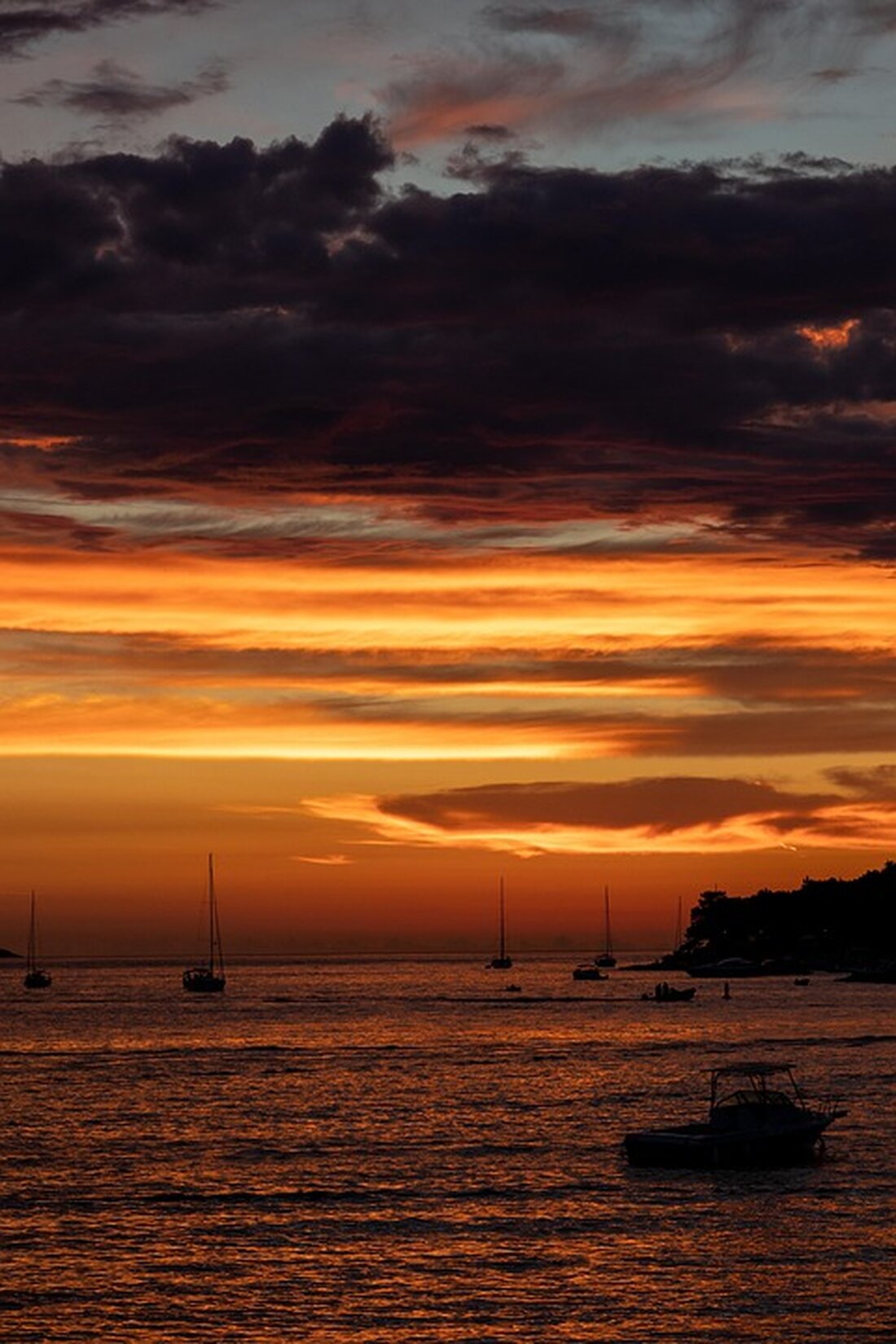Croatia before summer vacation: Growing oversupply meets falling numbers!
Croatia sees record tourism in 2024, but worrying trends could weigh on the industry in 2025.

Croatia before summer vacation: Growing oversupply meets falling numbers!
Croatia is facing a challenge in the tourism sector after the country recorded a record number of tourists in 2024. Compared to the previous year, the number of visitors increased by almost four percent. But at the same time, the report from the Croatian Tourism Authority shows that overnight stays fell by around one percent, especially in the months of May and June. This comes despite a five per cent increase in accommodation supply, suggesting many new apartments and holiday homes may remain unused. This development is described as a “worrying trend” that could threaten the economic stability of many small providers. Staff are concerned that if this trend continues, many providers will have to close or sell their accommodation, which could lead to a drop in prices and increased competition.
A look at the market conditions shows that the demand for accommodation as well as leisure activities and excursions has fallen significantly. The restaurant industry is also feeling the effects: Restaurants are struggling with fewer guests while being forced to increase prices. Rising transport costs, service and food prices, as well as a shortage of skilled workers in the catering and hotel industries contribute to this situation. In addition, the European Football Championship and the late Whitsun holidays caused many families to adjust their vacation plans, which also influenced booking numbers. Despite a decline in German, Austrian and Swiss tourists, there is an increase in visitors from Poland, the Czech Republic and Slovakia.
The influence of mass tourism
The negative effects of mass tourism in Croatia have long been viewed critically by environmentalists. While the boom has economic benefits, with tourism contributing up to 20 percent of Croatia's gross domestic product, especially in coastal regions, it also poses significant environmental challenges. Croatia's entry into the Schengen area and the introduction of the euro in 2023 have increased travel facilities for tourists from Schengen countries, leading to a further increase in the number of visitors. However, critics fear that the introduction of the euro will be used by some companies as an excuse to raise prices.
Environmentalists are particularly warning about the impact in Istria, where problems such as inadequate infrastructure and illegal construction projects are increasing. They demand stricter controls and measures against unfair practices. Initiatives such as the Dalmatia Green certification project, which aims to recognize sustainable accommodation, aim to counteract mass tourism and improve the situation.
Way into the future
The Croatian government is planning a comprehensive tourism law aimed at regulating the growth of the sector and introducing a holiday tax. This tax is intended to benefit the environment and will be introduced in the affected regions. However, talk of implementation is not initially planned before 2025. The coming years could be crucial in finding the balance between economic benefits and environmental sustainability.

 Suche
Suche
 Mein Konto
Mein Konto